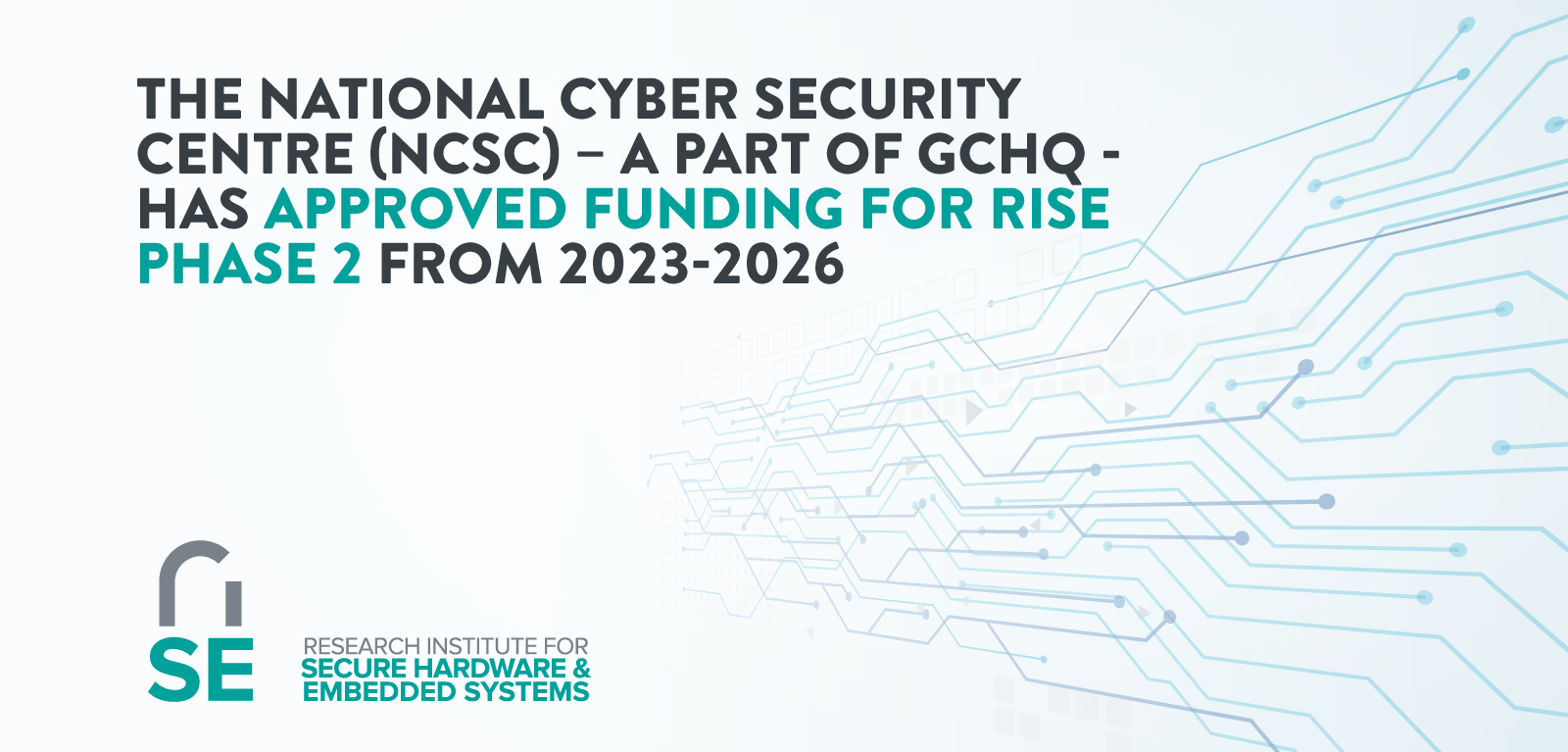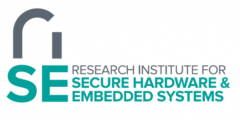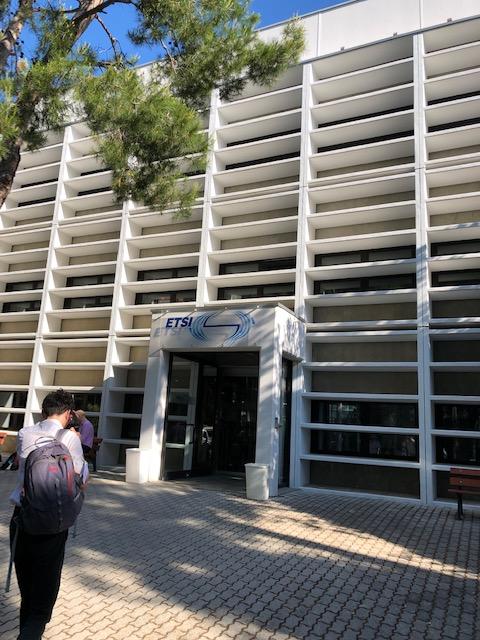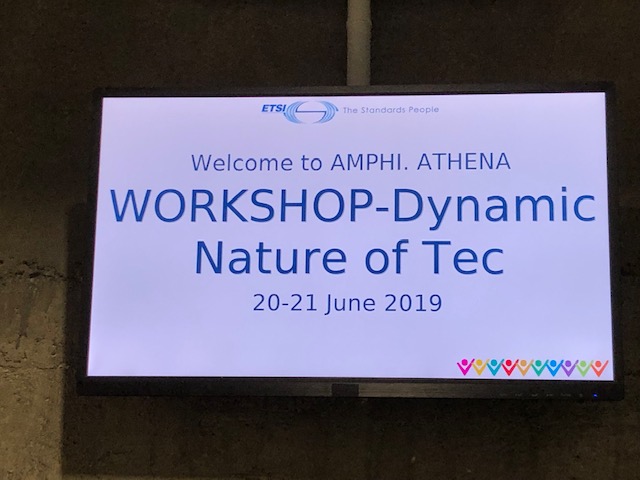NCSC has approved funding for RISE Phase 2 from 2023-2026, which is hosted under Professor Máire O’Neill at the Centre for Secure information Technology (CSIT), Queen’s University Belfast. 3 new RISE research projects have been funded by EPSRC, bolstering hardware & embedded systems security research.

The National Cyber Security Centre (NCSC) – a part of GCHQ – has approved funding for RISE Phase 2 from 2023-2026, which is hosted under Professor Máire O’Neill at the Centre for Secure Information Technologies (CSIT), Queen’s University Belfast. Three new RISE research projects have also been funded by the Engineering and Physical Sciences Research Council (EPSRC), bolstering hardware and embedded systems security research, innovation, and industry partnerships.
RISE aims to establish itself as a global hub for research and innovation in hardware security, and as part of phase 2, will have a focus on addressing crucial issues in semiconductor security. The institute’s strategy approach includes fostering close engagement with leading industry partners and stakeholders both within the UK and internationally, with a strong focus on translating research outcomes into practical products, services, and business opportunities to bolster the UK economy.
With the publication of the UK’s National Semiconductor Strategy in May 2023, a key focus of which is to build on our hardware strengths to improve cyber security and ensure that ‘cyber security is considered, and more widely prioritised, at the design stage of chips’, RISE stands poised to contribute significantly, enhancing the UK’s international research standing while augmenting economic competitiveness.
Professor Máire O’Neill summarises the key outcomes of the first phase: “We have made excellent progress across our funded research projects, we kicked-off an international collaboration between the core RISE partners and NTU and NUS in Singapore and launched a UK competition targeting final year UG/MSc students, sponsored by ARM, to help stimulate the next generation of UK hardware security experts.”
Significant research outputs to date include:
- Plundervolt – an attack developed as part of the University of Birmingham funded project which exploited vulnerabilities with Intel’s Software Guard Extensions, leading to errors that could leak secret information such as encryption keys.
- Thunderclap – research by the University of Cambridge team that identified vulnerabilities with USB and Thunderbolt interface standards, and which provided security recommendations for hardening systems that were incorporated into the USB 4 standard.
- An Apple Pay vulnerability discovered by the University of Surrey’s RISE project which showed that Apple Pay in Express Transit mode if used with a Visa card could be abused to make an Apple Pay payment to any shop terminal, of any value, without the need for user authentication.
- A Queen’s University Belfast project led to the first deep-learning based automated Hardware Trojan (HT) detection system based on gate-level netlists to effectively detect HTs without any pre-knowledge of the circuits. HTs are malicious modifications of integrated circuits.
- A trusted FPGA environment developed by the University of Manchester team that solves two problems; firstly, it uses their FPGADefender virus scanner to help a cloud service provider (CSP) ensure a user bitstream is not malicious, and secondly, it ensures user IP protection by configuring an FPGA only with encrypted configuration bitstreams.
Phase 2 will involve annual RISE conferences; spring/summer schools; early career researcher training and innovation workshops; a UK/US Workshop on Semiconductor Security; and a UK-wide Training Roadshow. Aligned funding from EPSRC supports three new research projects addressing Trustworthy Deep-Learning based Hardware Trojan Detection at Queen’s University Belfast, Securing and Analysing Trusted Execution Beyond the CPU at the Universities of Southampton and Birmingham, and Securing composable hardware platforms at the University of Manchester.
Professor Máire O’Neill emphasizes, “RISE will continue to play its part in conducting research that addresses security throughout a device’s lifecycle, from the initial design and manufacture through to its operational environment. We will also continue to grow the skillsets and community in the UK in this strategically important area.”



